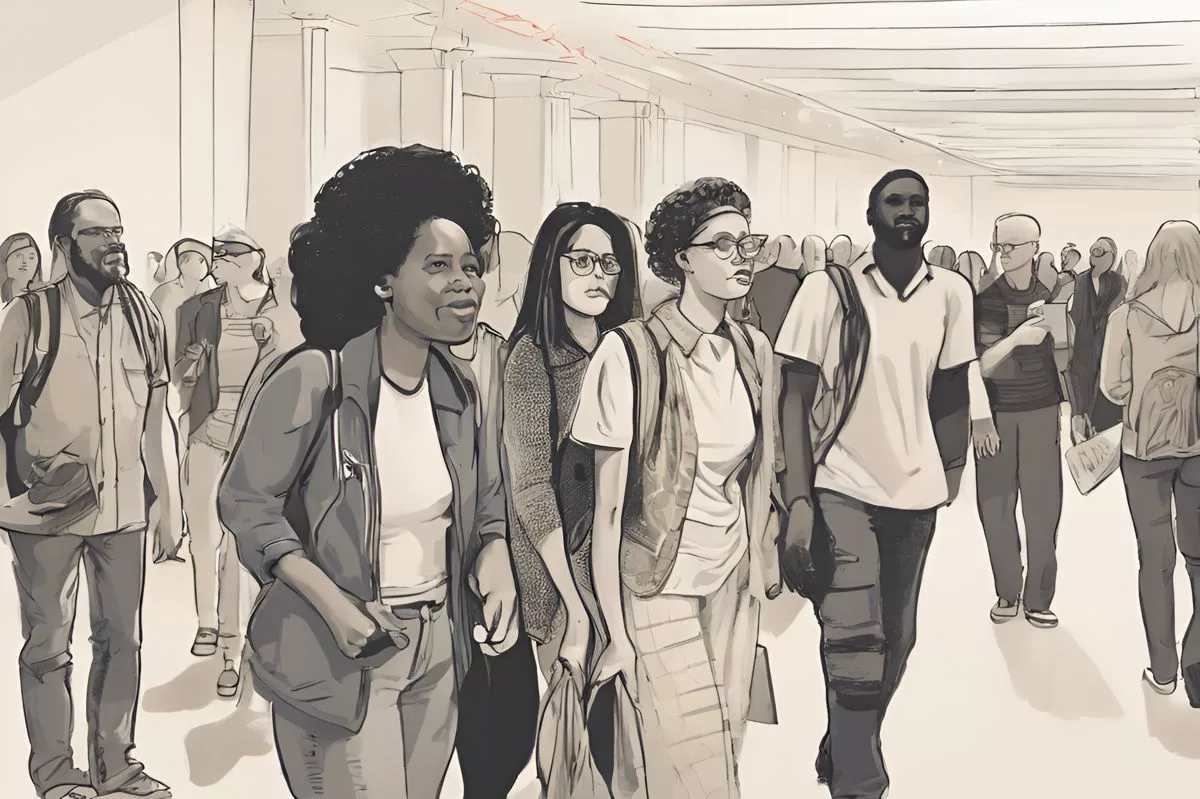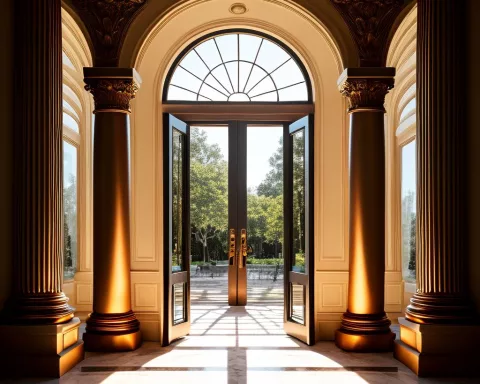Explore Cape Town’s rich history and culture through its numerous museums, each offering a unique perspective that transcends typical sightseeing. From the District Six Museum that stands as a vibrant monument to a community that thrived before being displaced during apartheid, to the Iziko South African Museum that offers a stirring temporal voyage through natural wonders and cultural artifacts. The Cape Medical Museum presents a distinctive angle on the city’s medical legacy, while the Iziko Bo-Kaap Museum offers an intimate gaze into the cultural tapestry of a nineteenth-century Muslim family. The Cape Town Holocaust & Genocide Centre serves as a solemn space of recollection and education, shedding light on the repercussions of prejudice and racism.
Journey Through Cape Town’s Historical and Cultural Canvas: Explore Cape Town’s rich history and culture by immersing yourself in its numerous museums. Visit the District Six Museum to learn about apartheid, the Iziko South African Museum for a historical journey, the Cape Medical Museum for a unique medical perspective, the Iziko Bo-Kaap Museum for an intimate cultural experience, and The Cape Town Holocaust & Genocide Centre for a place of remembrance and learning. Each museum offers a unique perspective that transcends typical sightseeing, allowing you to step into a narrative that persistently unfolds.
Cape Town, a city steeped in an abundant history and diverse culture, is far more than a mere geographical location. It represents an unfolding saga suffused with tales of triumph, hardship, resilience, and more. The city heartily invites travelers to immerse themselves in its wide-ranging heritage by exploring its numerous museums.
District Six Museum: A Living Memory of Apartheid
Starting the historical voyage with the District Six Museum, this establishment stands as a vibrant monument to a community that thrived before being devastatingly displaced during the apartheid period. Opening to the public in 1994, the museum initially existed as an itinerant institution prior to finding a permanent residence in the historic Methodist Church building.
Now, the church houses the ‘Digging Deeper’ permanent show. Concurrently, the Sacks Futeran building evolves into the ‘District Six Museum Homecoming Centre.’ This museum exceeds being a mere place; it’s a transformative experience that lets you travel back in time and comprehend the far-reaching implications of apartheid.
Iziko South African Museum: A Timeless Historical Journey
Continuing our expedition, we arrive at the Iziko South African Museum. Established in 1825, this venerable institution continues to enthrall visitors with its vast historical inventory. This iconic museum offers a stirring temporal voyage, transporting you from archaic fossils, nearly 700 million years old, to present-day insects and fish.
However, the journey extends beyond natural wonders. The museum exhibits stone tools fashioned by early humans 120,000 years ago and traditional apparel from the previous century, offering a fusion of cultural and scientific discovery.
Cape Medical Museum: A Unique Medical Perspective
The Cape Medical Museum, founded in 1986, presents a distinctive angle on the city’s medical legacy. Situated within the residence of the Medical Superintendent – a building with a history dating back to 1904 – the museum embodies the interconnected chronicle of the New Somerset Hospital and the City Hospital for Infective Diseases.
Though currently under refurbishment, the museum looks forward to unveiling engaging new exhibits that delve into Cape Town’s medical past and the progression of medicine.
Iziko Bo-Kaap Museum: An Intimate Cultural Experience
Venturing forth, the Iziko Bo-Kaap Museum opens its doors to visitors, set in one of the earliest houses built in the Bo-Kaap district during the mid-18th century. Inaugurated in 1978, this historic home now submerges visitors in the day-to-day of a nineteenth-century Muslim family, offering an intimate gaze into the cultural tapestry of that era.
The Cape Town Holocaust & Genocide Centre: A Place of Remembrance and Learning
Our final stop is The Cape Town Holocaust & Genocide Centre, a solemn space of recollection and education. With compelling exhibits, events, and workshops, the centre commemorates the victims and survivors of historical atrocities, such as the Holocaust and numerous genocides.
The centre’s overarching aim is to shed light on the repercussions of prejudice and racism, fostering comprehension and empathy in a world often riddled with division.
These museums represent only a fraction of what Cape Town offers, each furnishing a unique perspective to appreciate the city’s rich history and culture. They stand as a tribute to the city’s resilience and its variegated cultural heritage.
Regardless of whether you’re a history enthusiast or merely a casual tourist, these museums offer an enriching experience that transcends typical sightseeing. As you navigate your way through each one, remember you’re not merely visiting a location. You are stepping into a narrative that persistently unfolds.
What museums can I visit to learn about Cape Town’s history and culture?
There are several museums in Cape Town that offer unique perspectives on the city’s history and culture. These include the District Six Museum, Iziko South African Museum, Cape Medical Museum, Iziko Bo-Kaap Museum, and The Cape Town Holocaust & Genocide Centre.
What can I expect to learn at the District Six Museum?
The District Six Museum is dedicated to preserving the memory of a community that thrived before being displaced during the apartheid period. Visitors can expect to learn about the history of apartheid and the impacts it had on this vibrant community.
What exhibits can I see at the Iziko South African Museum?
The Iziko South African Museum offers a vast historical inventory, including archaic fossils, stone tools fashioned by early humans, and traditional apparel. Visitors can expect to take a stirring temporal voyage through natural wonders and cultural artifacts.
What is the Cape Medical Museum’s unique angle on Cape Town’s history?
The Cape Medical Museum presents a distinctive angle on the city’s medical legacy. It is situated within the residence of the Medical Superintendent and embodies the interconnected chronicle of the New Somerset Hospital and the City Hospital for Infective Diseases.
What can I expect to see at the Iziko Bo-Kaap Museum?
The Iziko Bo-Kaap Museum is set in one of the earliest houses built in the Bo-Kaap district during the mid-18th century. Visitors can expect to immerse themselves in the day-to-day of a nineteenth-century Muslim family, offering an intimate gaze into the cultural tapestry of that era.
What is the purpose of The Cape Town Holocaust & Genocide Centre?
The Cape Town Holocaust & Genocide Centre serves as a solemn space of recollection and education, shedding light on the repercussions of prejudice and racism. With compelling exhibits, events, and workshops, the centre commemorates the victims and survivors of historical atrocities, such as the Holocaust and numerous genocides.












